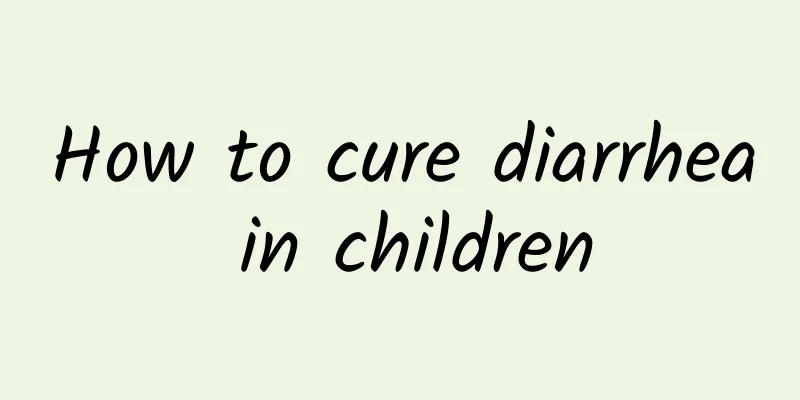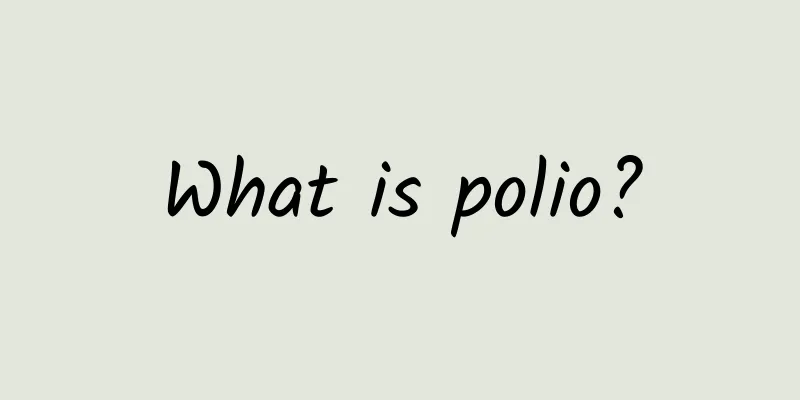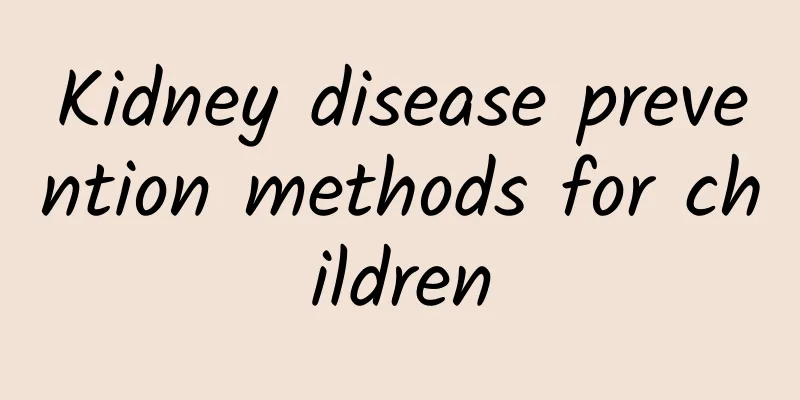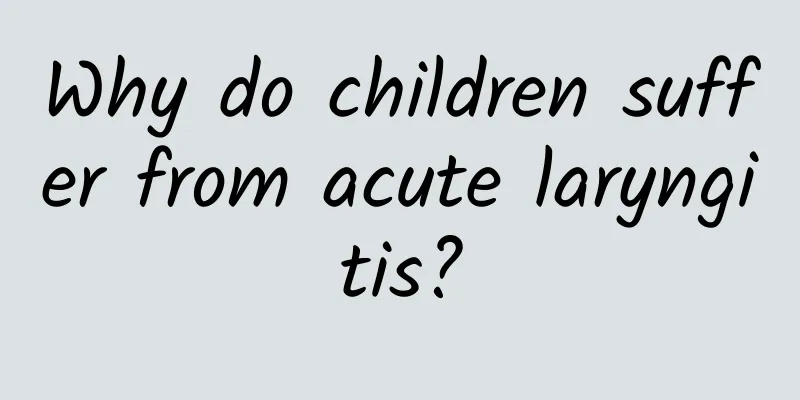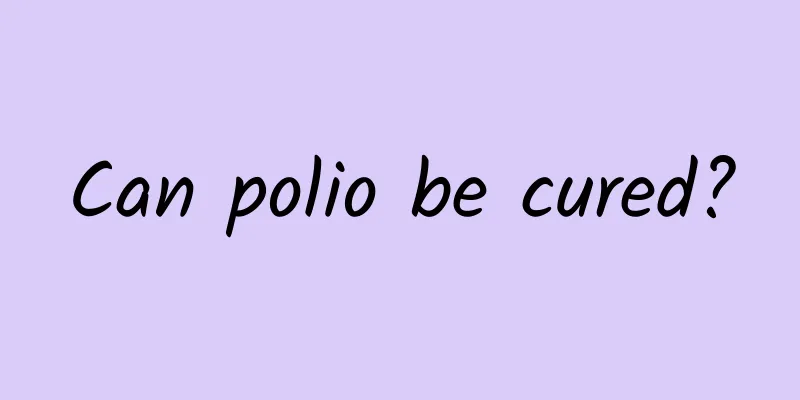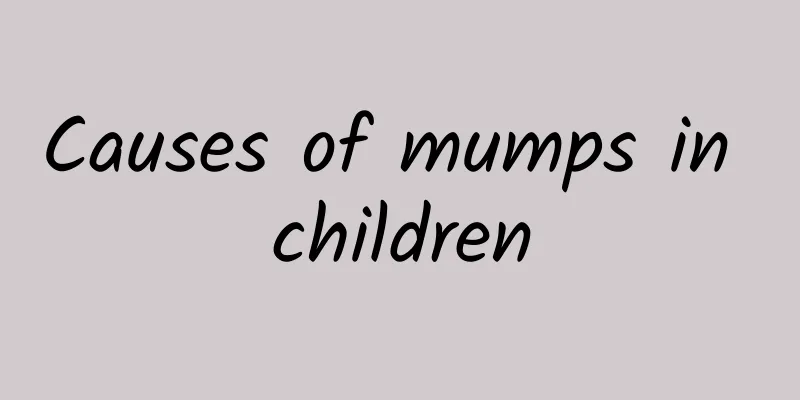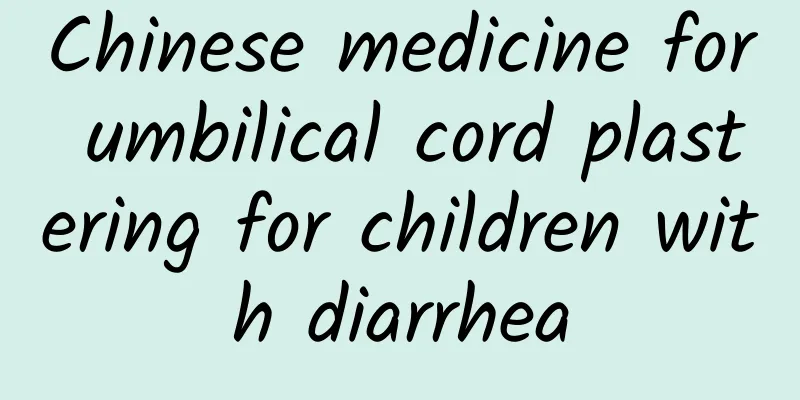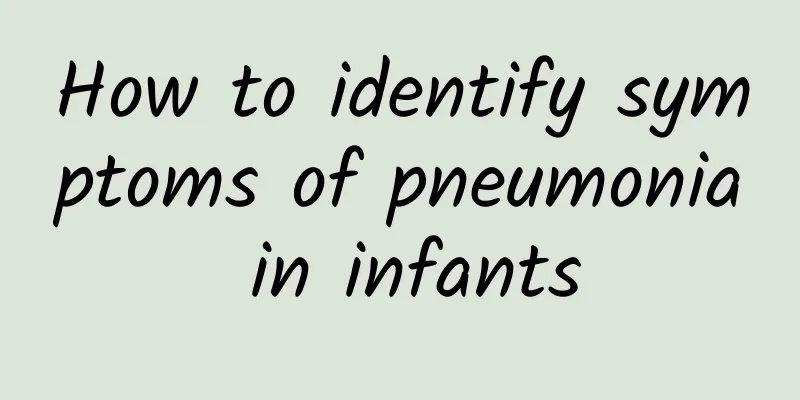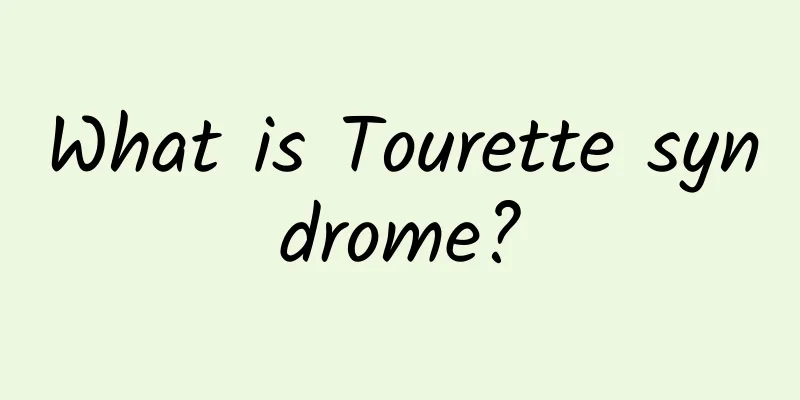How to treat acute laryngitis in children
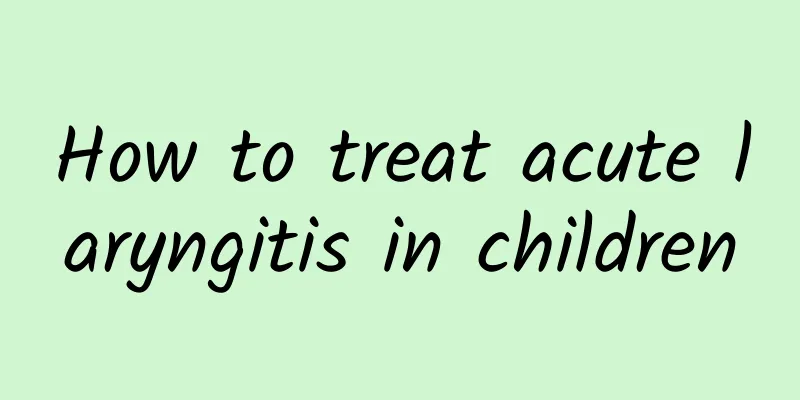
|
The treatment of acute laryngitis in children should aim to relieve symptoms and prevent worsening of the disease. Common methods include drug therapy, home care and avoiding inducements. Depending on the severity of the disease, nebulizer inhalation, anti-inflammatory drugs and hospitalization when necessary can be used. 1. Drug treatment For mild to moderate acute laryngitis in children, appropriate medications can be used under the guidance of a doctor to reduce inflammation. Nebulizer inhalation is a common method, usually using steroid drugs such as budesonide to relieve laryngeal edema; if there is obvious breathing difficulty, short-term anti-inflammatory drugs such as oral or injected dexamethasone may be required. If bacterial infection is present, antibiotic treatment is also required. If the child's inflammation is more severe, adrenaline nebulizer treatment may be used to quickly relieve severe laryngeal edema and prevent suffocation. 2. Home care and environmental adjustment Home care is an important part of the treatment of acute laryngitis in children. Keeping the air moist is effective in relieving dryness and irritation in the throat. Parents can use a humidifier or let the child breathe deeply near a basin of warm water. Pay attention to letting sick children rest more, avoid excessive use of the throat, and ensure adequate water intake to keep the throat moist and relieve inflammation of the respiratory mucosa. It is also particularly important to reduce indoor air pollution sources, such as smoke, pet hair and other inducing factors. 3Seek medical attention promptly when necessary If a child has a persistent high fever, significantly worsening breathing sounds, or severe breathing difficulties, such as particularly obvious "wheezing", he or she should go to the hospital immediately for professional treatment. Severe acute laryngitis may require short-term hospitalization, oxygen therapy or other targeted rescue measures. In the hospital, the doctor may monitor the child more deeply to prevent complications such as laryngeal obstruction. The key to the treatment of acute laryngitis in children is early identification and timely measures. Parents should adopt scientific and effective treatment methods according to the specific situation of their children. Once the child's symptoms worsen, they should immediately seek help from a doctor to ensure that the condition does not worsen further. At the same time, they should strengthen prevention in daily care to reduce the risk of recurrence. |
<<: When can baby's congenital megacolon be seen?
>>: Symptoms of Hirschsprung disease appear at a few months old
Recommend
What are the three commonly used drugs for breast milk diarrhea?
What are the three commonly used drugs for breast...
How to recover from diarrhea in children? What should be paid attention to in daily care of diarrhea in children?
To promote the recovery of children with diarrhea...
What to do if your baby catches a cold and coughs
The baby's physical fitness is very affected ...
How to prevent influenza during breastfeeding? What are the ways to prevent influenza during breastfeeding?
1. Get a flu shot Breastfeeding mothers will not ...
How to treat chronic cough in babies
Many babies suffer from chronic cough, which can ...
Is oseltamivir effective for children with cough and phlegm?
Is oseltamivir effective for children with cough ...
What is the difference between Procaterol and Itanjing? What are the effects of Procaterol and Itanjing?
The occurrence of cough is often accompanied by m...
Will neonatal jaundice affect intelligence? Beware of the four major hazards of neonatal jaundice
There are different types of neonatal jaundice, i...
What medicine can children take to get better quickly from acute mumps?
Children with acute mumps usually need to choose ...
How to cure diarrhea in children
Although pediatric diarrhea is a common disease i...
What are the daily dietary points for children with acute laryngitis?
The baby in the family got acute pediatric laryng...
How to solve neonatal jaundice? What are the causes and symptoms of neonatal jaundice?
The causes and symptoms of neonatal jaundice are ...
How to care for children with diarrhea
Diarrhea is a common disease in babies. Family ca...
What are the symptoms of physiological jaundice in newborns? 3 symptoms of physiological jaundice in infants revealed
Neonatal jaundice is mainly divided into two type...
How to treat children with cough? How to use Chinese and Western medicine for children with cough
During a cough attack, children need to use antit...
